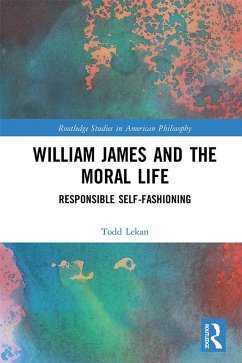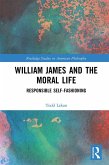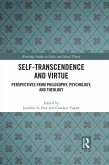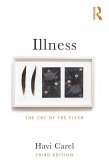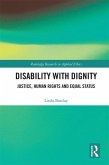James the social moral philosopher seeks to create an inclusive moral order through expansion of sympathetic concern among those committed to different ideals. James the existential moral philosopher defends the right to adopt hope-grounding metaphysical beliefs which encourage strenuous moral action in the face of evil and suffering. The power of James' ethics is demonstrated by its application to current discussions about the status of marginalized nonhuman animals and that of the cognitively disabled.
William James and the Moral Life is of interest to a wide variety of ethicists and has special appeal to scholars and advanced students in moral philosophy, social philosophy, pragmatism, and American philosophy.
Dieser Download kann aus rechtlichen Gründen nur mit Rechnungsadresse in A, B, BG, CY, CZ, D, DK, EW, E, FIN, F, GR, HR, H, IRL, I, LT, L, LR, M, NL, PL, P, R, S, SLO, SK ausgeliefert werden.
-Henry Jackman, York University
Many scholars have acknowledged the ethical insights of William James, but few have appreciated the depth and breadth of his moral philosophy. In this work Todd Lekan successfully argues that taking an expansive view of James's work-not just essays like "The Moral Philosopher and the Moral Life" or "On a Certain Blindness in Human Beings" but works like Pragmatism, Varieties of Religious Experience, and "The Will to Believe" (among others)-demonstrates a robust and cohesive pragmatic ethical theory. As such, this book speaks not only to those interested in American philosophy but scholars studying comprehensive and practical moral thought, writ-large, and places both Lekan (as a contemporary scholar) and James (as historically important philosopher) squarely into any vital conversation on ethics and ethically challenging situations.
-D. Micah Hester, PhD, chair/professor of Medical Humanities & Bioethics at UAMS and co-author of On James (2004)

